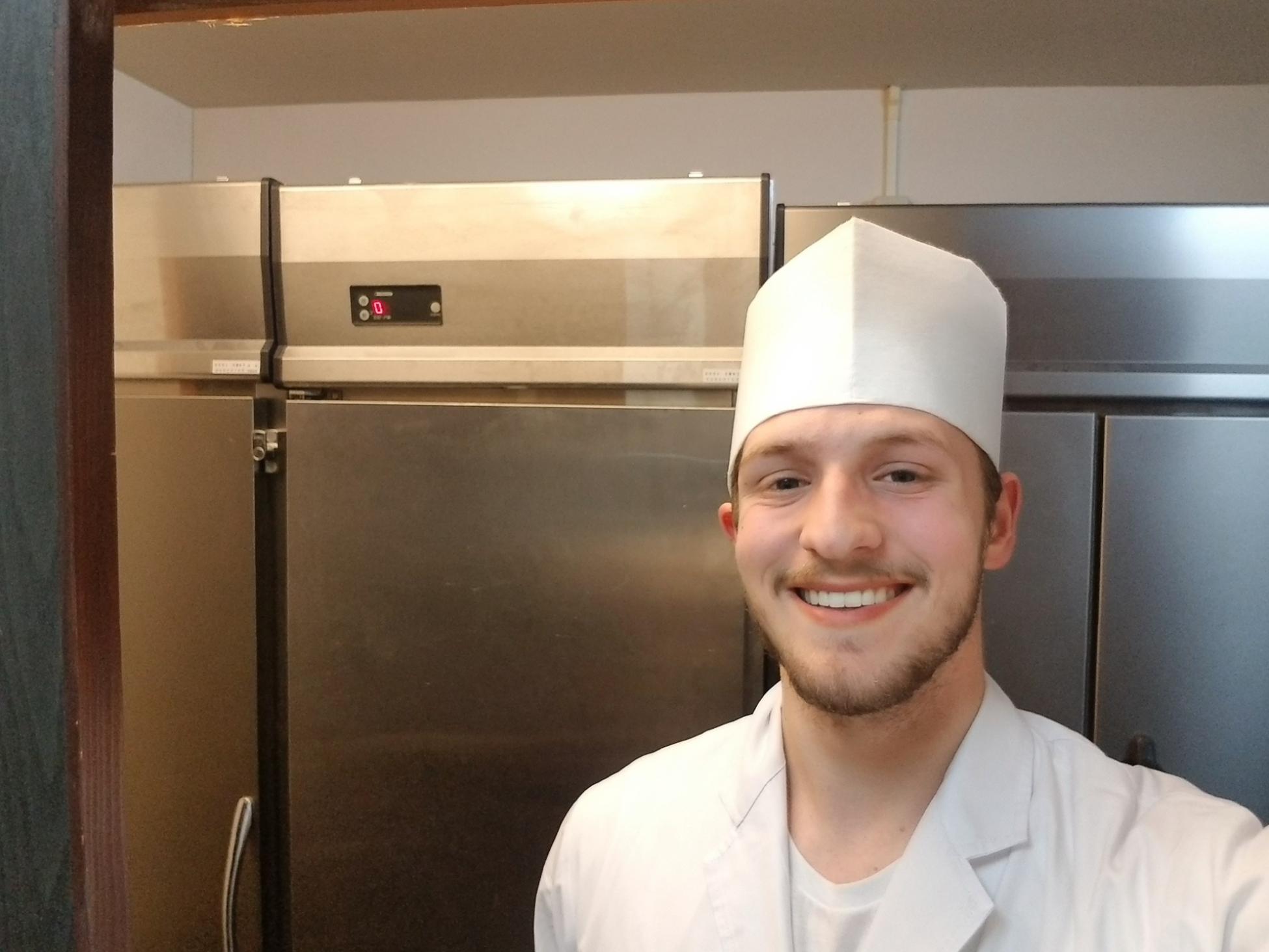Learning a new language can be both a rewarding and frustrating experience. On one hand, being able to interact with people in their language while abroad elicits an excitement that is hard to replicate. However, on the other hand, the moments of being unable to understand what is said to you or being unable to communicate what you want to in another language, despite all the time you've spent studying, can be very discouraging.
This problem is exacerbated with the Japanese language because of one thing: levels of formality.
I believe every language has at least one aspect that is challenging for non-native speakers to grasp. That aspect in Japanese is how the language has multiple levels of formality, all depending on your situation or who you are talking to.
For example, store workers in Japan use very formal language that is not easy to understand if you haven't previously studied it. On the other hand, the Japanese that friends use when conversing with one another is extremely casual and not taught in textbooks or at school. This can leave Japanese learners in a situation where they feel they understand Japanese in school but are unable to use it in everyday life.
Two months after arriving in Japan, I began to search for a part-time job. I prioritized jobs that involved hearing and speaking a lot of Japanese to practice even while working. This naturally led me to search for cafe and restaurant jobs. After a few failed interviews, I was hired to work in the kitchen of a Japanese hotpot restaurant. Little did I know how much practice I'd be getting.
The first two weeks at the job was one of the hardest two weeks of my life.
I felt I could barely understand what was being said to me and my ability to speak in Japanese regressed to the level I was at a year ago. Everyone's speaking seemed so fast and there were so many words I hadn't heard or seen. This was my first taste of native Japanese, as they spoke to each other.
As time passed, I grew to grasp more of the job and Japanese that was spoken to me. As I've spoken more with coworkers, I've come to pick up on the idiosyncrasies of their speech. My favourite part of this has been learning words, phrases, and the pronunciation of my area's dialect of Japanese.
The Japanese language school I attend does not teach many of the language nuances I've encountered at work, as they are too specific and situational. However, in my mind, these nuances are critical for a full understanding of a language.
I thought I'd walk away from my current job with some cooking skills and experience, in addition to a decent source of Japanese practice. I never knew that after only two months of work, my work in the kitchen would become the perfect complement to my studies. Just as in cooking, sometimes the unlikeliest of ingredients perfectly pair together.
Add this article to your reading list




